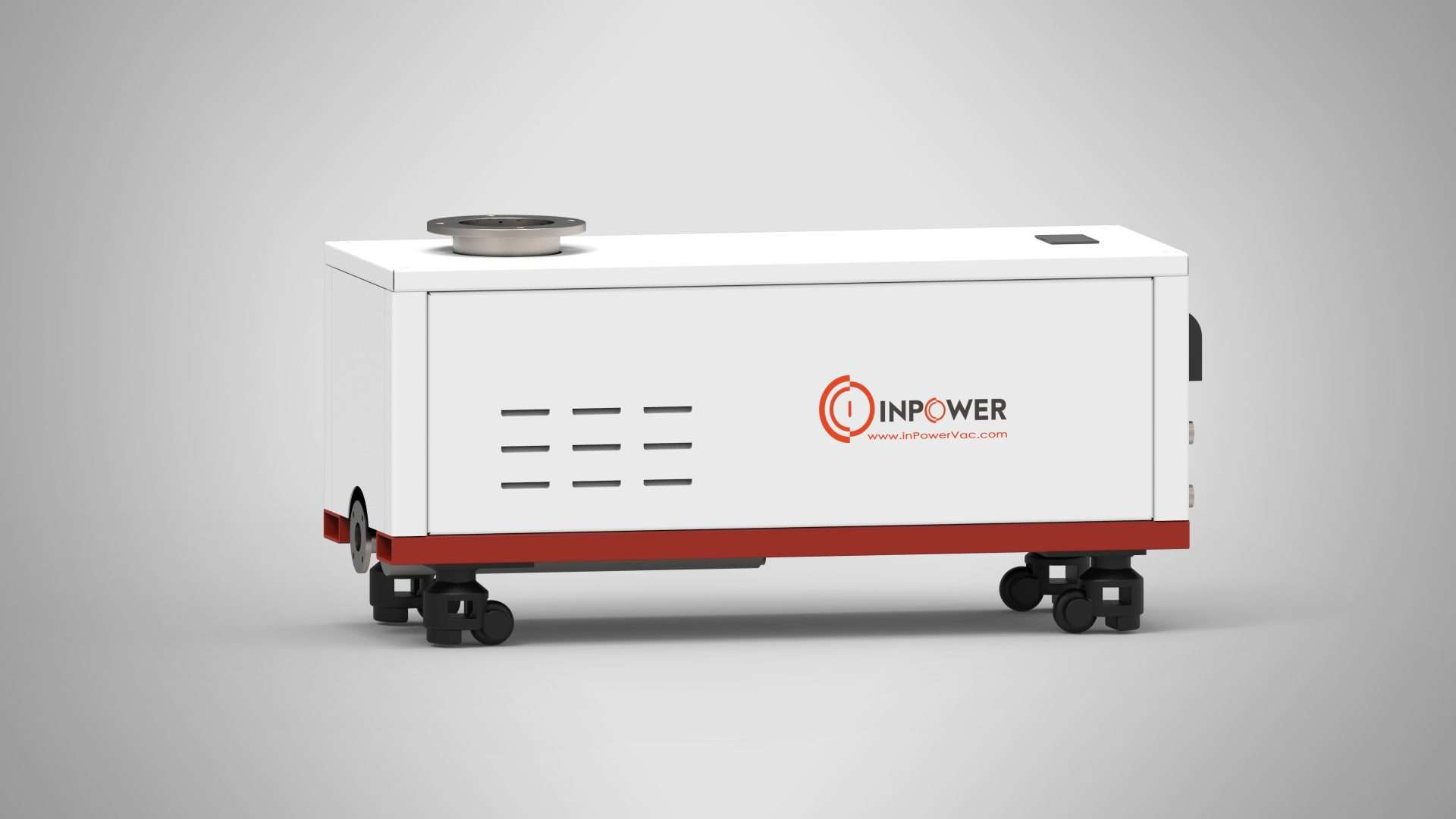Table of Contents
- Introduction2. Importance of Pumps in Chemical Processing
- Types of Vacuum Pumps Used in the Industry
- Working Principle of Vacuum Pumps
- Applications of Vacuum Pumps in Chemical Manufacturing
- Efficiency and Performance Metrics
- Maintenance Tips for Optimal Performance
- Conclusion
Introduction
The chemical industry often faces the challenge of managing various processes that require precise and reliable equipment. One such essential piece of equipment is the vacuum pump. Processing power: vacuum pumps in the chemical industry play a critical role, ensuring efficiency, safety, and quality in chemical processing.
Importance of Vacuum Pumps in Chemical Processing
Vacuum pumps are instrumental in creating a controlled environment to conduct various chemical processes. They are essential for reducing pressure and removing unwanted gases, enabling safer and more effective reactions. In the context of chemical processing, vacuum pumps can significantly improve product yield, reduce energy costs, and minimize contamination.
Types of Vacuum Pumps Used in the Chemical Industry
Understanding the different types of vacuum pumps is essential to choosing the right one for specific chemical processes.
1. Rotary Vane Vacuum Pumps
Rotary vane vacuum pumps are versatile and widely used in chemical processing for their reliability and efficiency in handling both gases and vapors.
2. Diaphragm Vacuum Pumps
Diaphragm vacuum pumps are ideal for applications requiring chemical resistance, as they can handle aggressive chemicals without contamination.
3. Liquid Ring Vacuum Pumps
Liquid ring vacuum pumps are excellent for handling wet and saturated gases, making them suitable for applications involving condensable vapors.
4. Dry Screw Vacuum Pumps
Dry screw vacuum pumps offer high levels of performance and are suitable for processes requiring clean, oil-free operation.
Learn More About Types of Vacuum Pumps in Chemical Processing
Working Principle of Vacuum Pumps
Vacuum pumps operate by creating a vacuum, which is a space devoid of matter, through different mechanisms, such as positive displacement or momentum transfer. In chemical processing, vacuum pumps lower the pressure inside a chamber, causing gases to move out and enabling desired chemical reactions.
Applications of Vacuum Pumps in Chemical Manufacturing
Vacuum pumps are ubiquitous in various stages of chemical manufacturing, including:
- Distillation and Evaporation: Vacuum pumps reduce the boiling point of chemicals, enabling distillation and evaporation at lower temperatures.
- Drying: Accelerating drying processes by removing moisture from chemical compounds.
- Filtration: Enhancing the filtration process by applying a vacuum to filter out particulates efficiently.
- Degassing: Removing gases from liquids to prevent defects in final products.
Efficiency and Performance Metrics
The efficiency of vacuum pumps in chemical processing can be measured through various metrics:
- Ultimate Vacuum: The lowest pressure the pump achieve.
- Pumping Speed: The volume of gas the pump can remove per unit time.
- Power Consumption: Energy efficiency in meeting processing requirements.
- Compatibility: The pump’s ability to handle various chemicals without corrosion.
Maintenance Tips for Optimal Performance
Regular maintenance of vacuum pumps ensures longevity and peak performance. Here are some tips:
- Routine Checks: Regularly inspect and replace worn-out parts.
- Lubrication: Ensure proper lubrication to reduce wear and tear.
- Seal Inspection: Inspect and replace seals to prevent leaks.
- Clean Up: Regularly clean the pump and associated piping to prevent blockages.
Conclusion
In conclusion, the importance of vacuum pumps in the chemical industry cannot be overstated. They play a vital role in ensuring efficient, safe, and high-quality chemical processing. By understanding the various types, working principles, and maintenance tips, industry professionals can make informed decisions to optimize their operations.

0 Comments